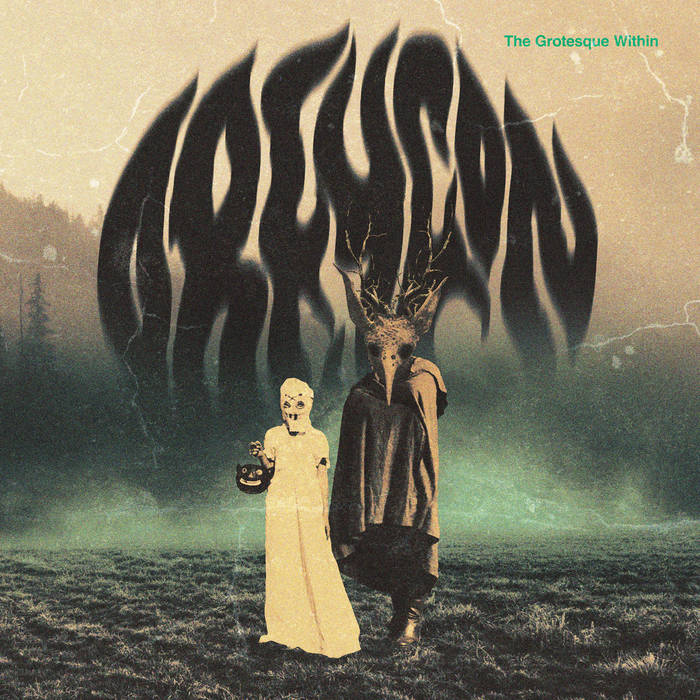
The fourth album by Italian heavy rock band Oreyeon, The Grotesque Within, doesn’t try to be more than what it is. And that’s exactly why it works. In recent years, stoner rock has often been busy redrawing its own shadow. Thick riffs, vintage worship, safe psychedelia wrapped in familiar aesthetics. This record, however, doesn’t look backward. It doesn’t want to be an exercise in style. It doesn’t chase a fashionable “sound.”
It is a state of mind.
Inspired by the unsettling philosophical horror associated with Thomas Ligotti, the album moves through a space where reality feels fragile, almost mechanical — where the ordinary slowly turns unfamiliar. Not through theatrics. Not through shock value. But through atmosphere.
The grotesque here is not decorative.
It is internal.
Cracks, distortions, emotional numbness, the quiet absurdity of simply existing — these are the forces shaping the record. The Grotesque Within is not fast. It’s not flashy. It doesn’t aim for instant impact. It builds slowly and deliberately. It settles on your chest. Not to suffocate you — but to make you aware of your own weight.
This is not a collection of singles. It feels like a continuous descent.
Oreyeon have always carried heavy riff-driven foundations rooted in classic hard rock traditions, but here those foundations feel more exposed, more stripped of comfort. The fuzz is still there. The melodic sensibility remains. Yet the atmosphere is denser, less forgiving. The band sounds less interested in hooks and more interested in tension.
And here comes the part many don’t like to admit: stoner rock is not for everyone.
Not because it’s elitist, but because it requires maturity.
In its pure form, this genre is emotional communication. Not a riff contest. Not a volume competition. If you only hear the tone, you miss the essence. But if you’re willing to stay quiet while it plays, it begins to speak. On this album, Oreyeon isn’t playing outward. They’re not trying to satisfy a scene. They’re not offering easy comfort. Instead, they lean into discomfort — into the strangely familiar darkness that already surrounds us. The Grotesque Within is not perfect. It doesn’t try to be. But it is honest. And in the underground, that’s what ultimately matters.
Not a trend.
Not a pose.
Not recycled nostalgia.
But a band that understands that weight is not about volume — it’s about presence. The only real question is whether the listener is ready to confront what’s already there. AMEN!
https://www.facebook.com/Oreyeonofficialband/
https://www.facebook.com/HEAVYPSYCHSOUNDS
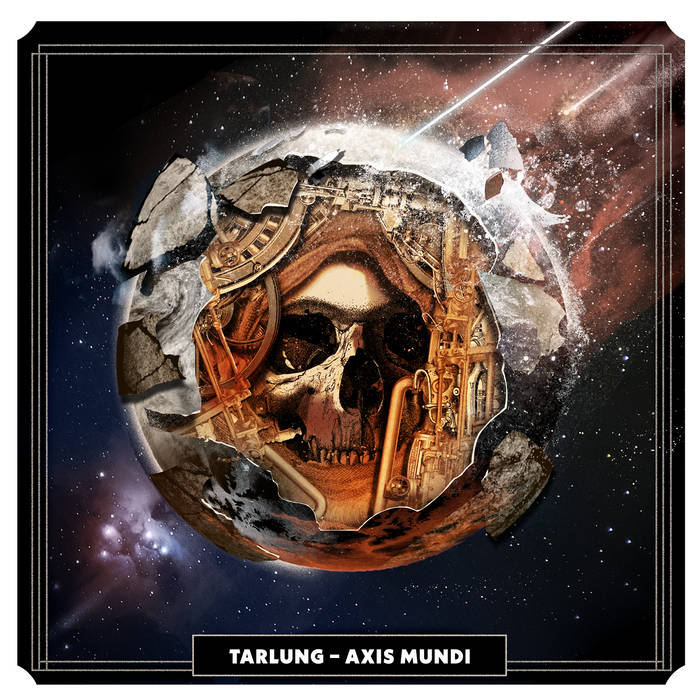

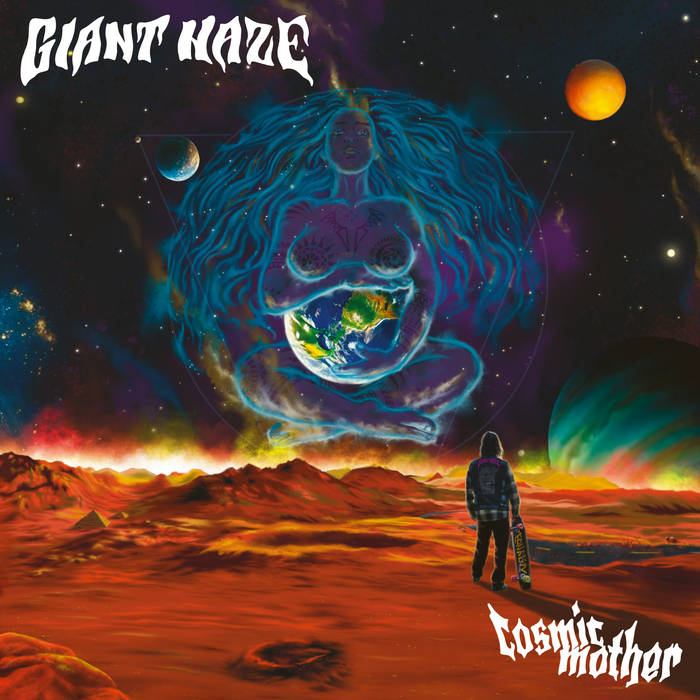
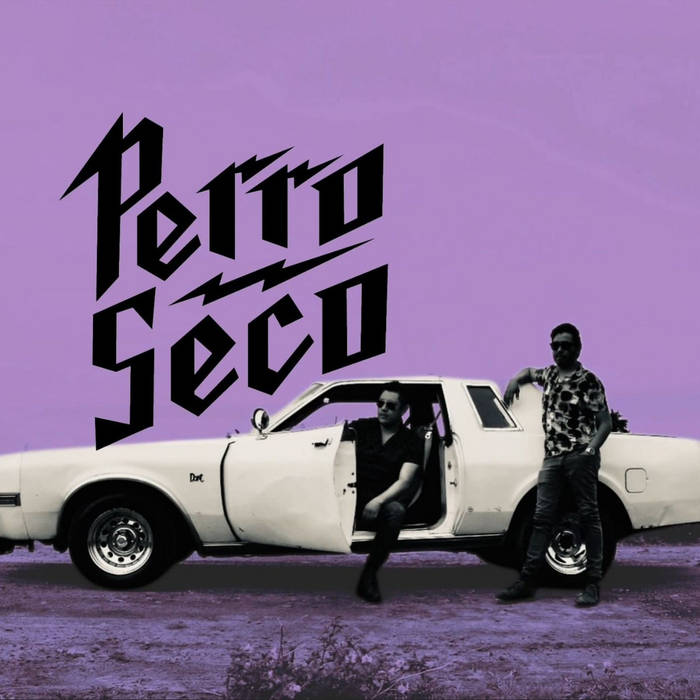
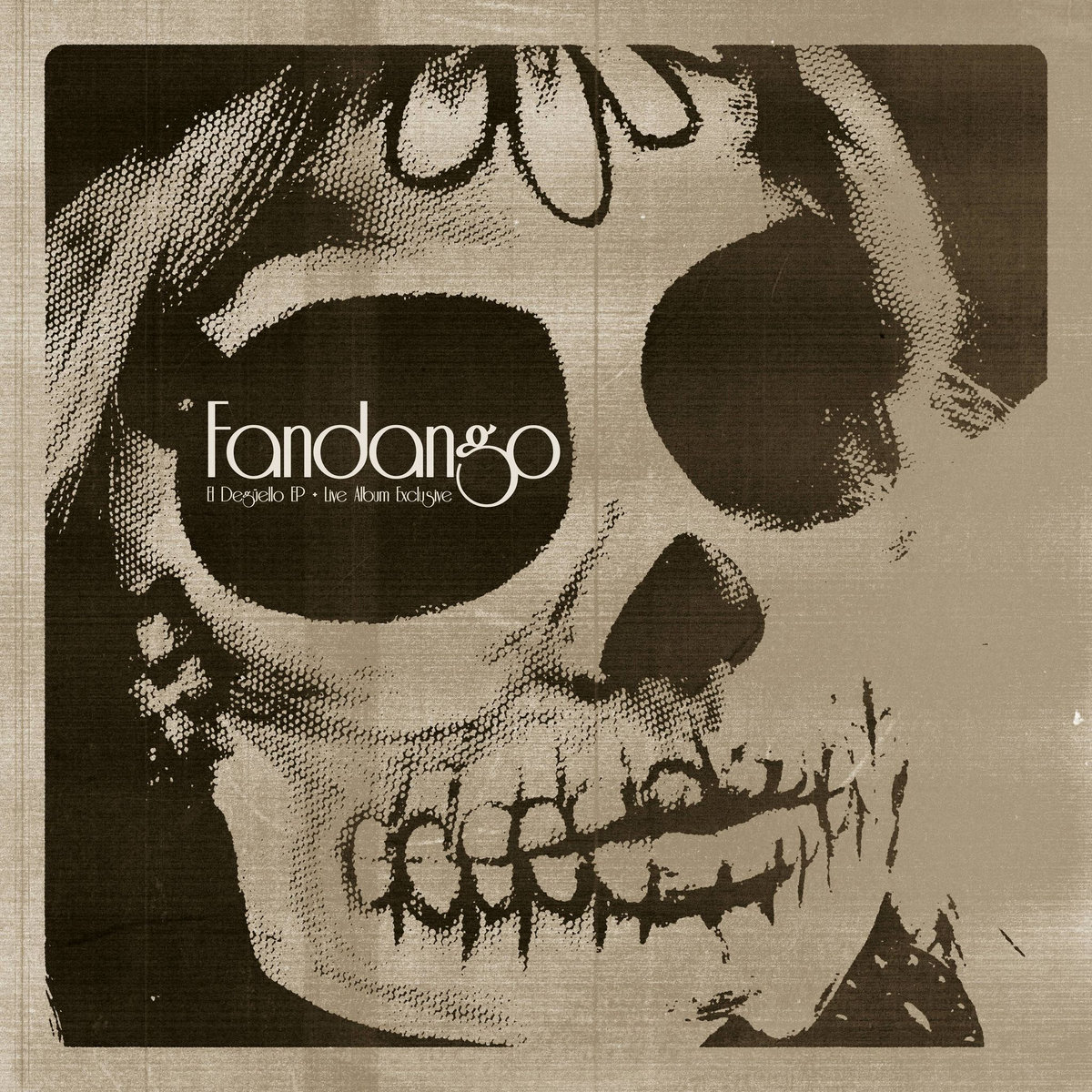
Kommentek